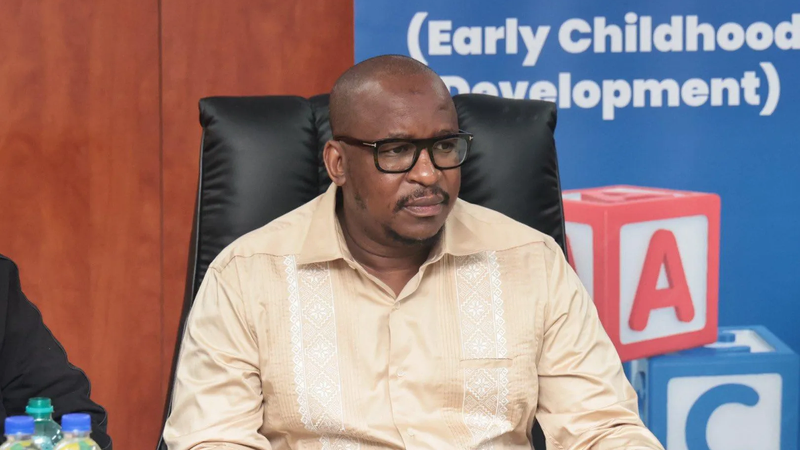Gauteng Education MEC Matome Chiloane is urging municipalities across the province to halt power cuts to schools, warning that these disruptions are severely hindering the teaching and learning process. His call comes after several schools in Gauteng were disconnected from the electricity grid due to outstanding bills, leading to growing concerns among parents, educators, and stakeholders.
The issue was raised during a recent School Safety Imbizo held by Chiloane in Heidelberg, where various issues, including bullying, gangsterism, and vandalism, were discussed. However, the electricity disconnections stood out as a pressing concern, with many schools in Ekurhuleni and other areas experiencing power outages because of unpaid electricity bills.
One of the hardest-hit areas is the City of Ekurhuleni, which recently switched off power to multiple schools due to millions in unpaid bills. Schools affected include Zimisele, Nkabinde, Muzomsha, Zamani, Ntokozweni, and Tlakula, with some parents even pulling their children out of school, saying that learning is impossible without electricity. A report revealed that the Department of Education owes R50 million for Section 20 schools in Ekurhuleni alone.
Zweli Dlamini, the municipality’s spokesperson, confirmed that power would not be restored until the department paid its outstanding debts. In response, MEC Chiloane announced that the department was working closely with mayors and municipal managers to come up with a payment plan to address the issue of power cuts in schools.
“The department has made arrangements with the municipalities and came up with a payment plan for unpaid electricity bills,” Chiloane stated during the Imbizo. However, the department’s spokesperson, Steve Mabona, indicated that while the matter had been “resolved,” he did not provide a timeline for when power would be restored to all affected schools.
One such school, Julius Sebolai Primary in Soweto, has faced power cuts for almost two months. The school was forced to rely on costly diesel generators to keep the lights on, costing the school R8,000 every two days. According to ActionSA member Themba Mabunda, the power issue persisted until the party issued a statement in January, prompting the restoration of electricity.
While the reasons for the unpaid bills remain unclear, it is evident that the financial burden on schools is growing. In 2024, Gauteng schools owed municipalities over R262 million for services rendered. Premier Panyaza Lesufi had previously urged municipalities to enforce power cuts for schools in debt, leading to a tense standoff between education and local government officials.
Beyond electricity concerns, the Imbizo highlighted multiple other challenges facing Gauteng schools. Parents and stakeholders raised alarms about poor sanitation facilities, increasing bullying, and the rise of school-related gangsterism, which has created an unsafe learning environment. Reports of mugging incidents targeting students on their way to and from school, as well as ongoing thefts, burglaries, and vandalism at schools, were also brought to light.
In response, MEC Chiloane assured the public that the department would take urgent steps to address safety concerns in schools. These include enhancing security systems and collaborating with law enforcement to tackle the criminal activities affecting educational spaces.
As power cuts continue to disrupt education and safety concerns rise, the Gauteng Department of Education faces mounting pressure to find solutions that will ensure students can learn in safe, well-equipped environments. The call for collaboration between the department and municipalities has never been more urgent.
